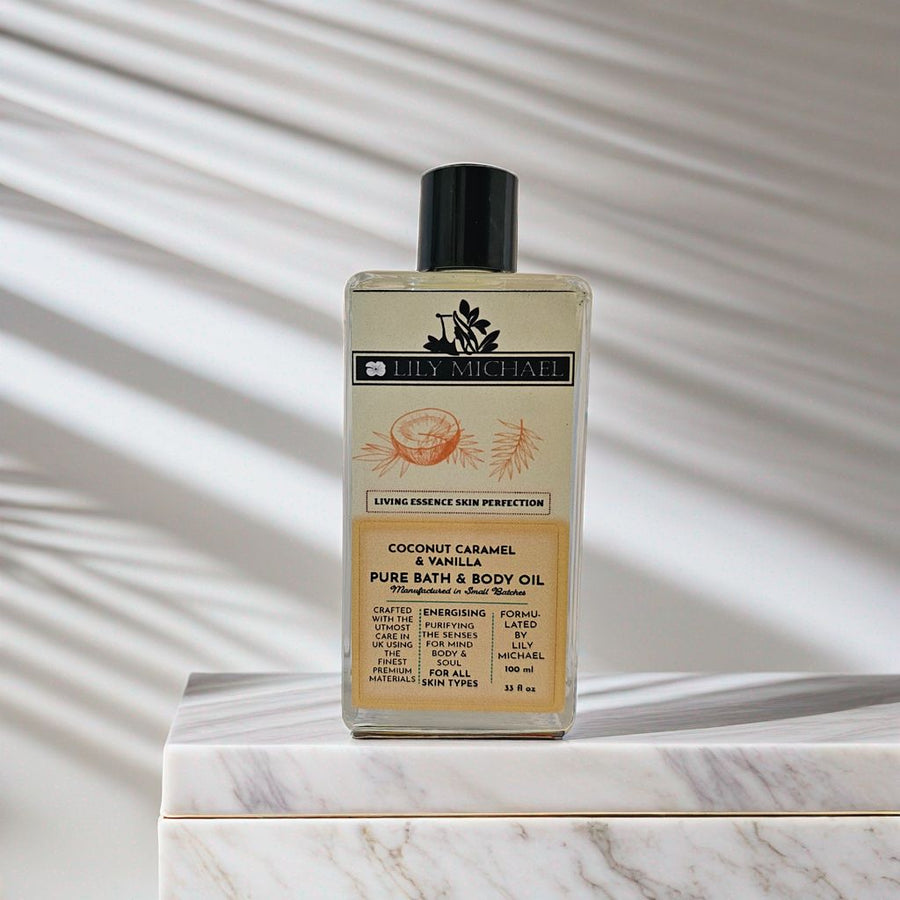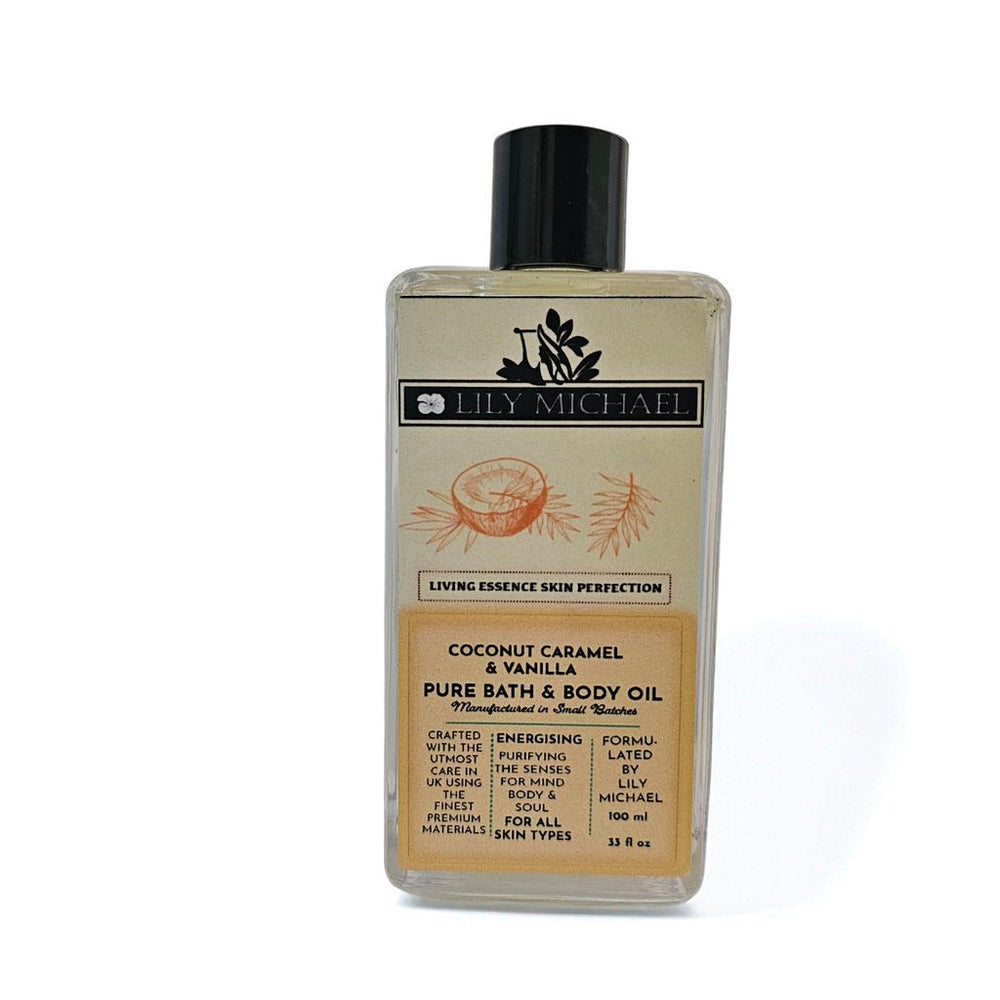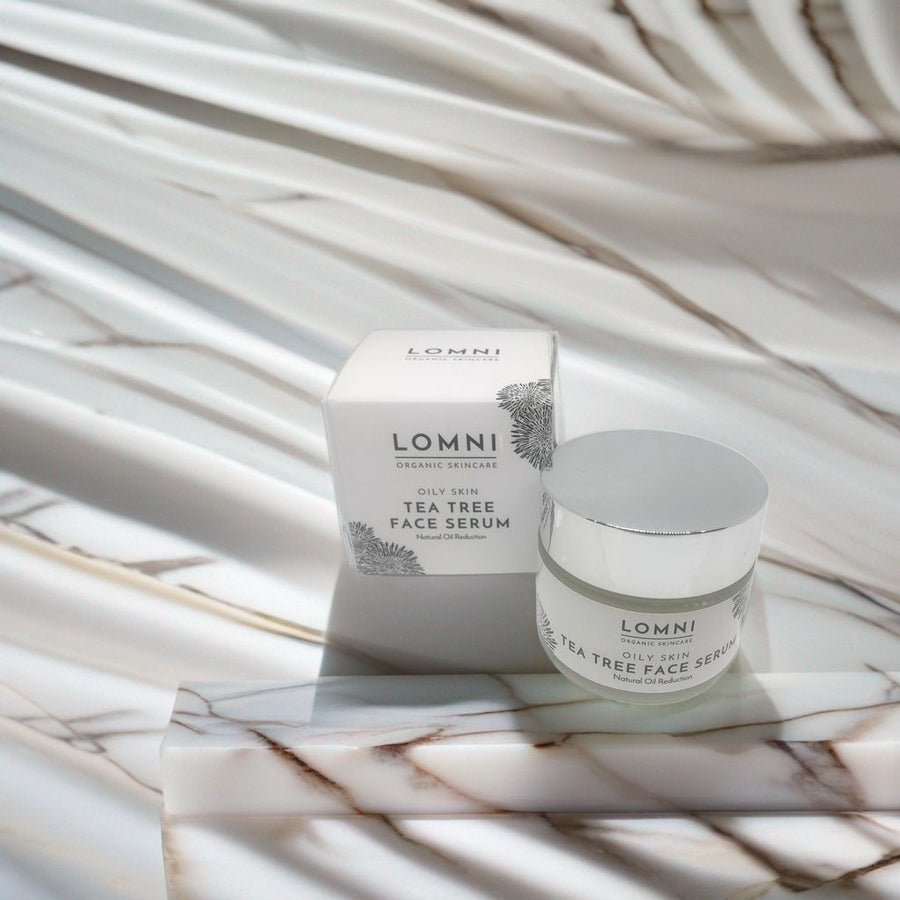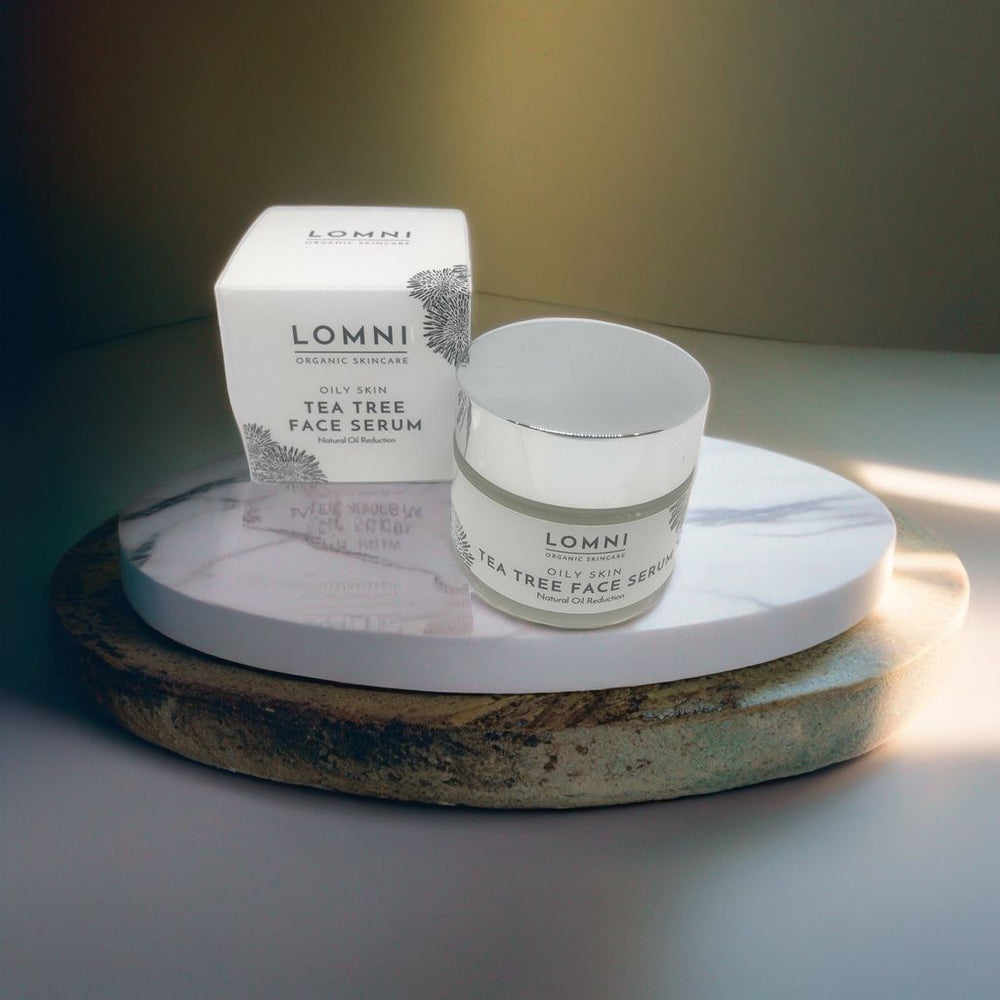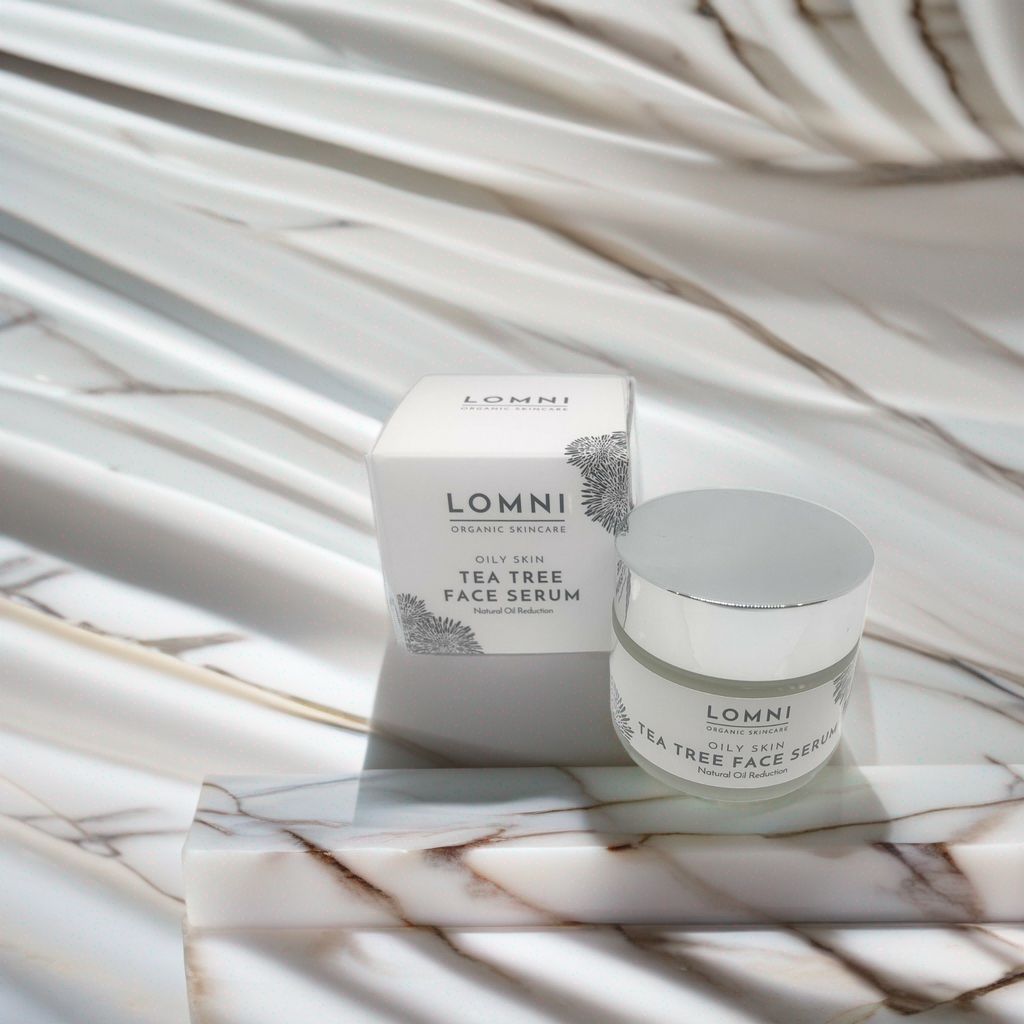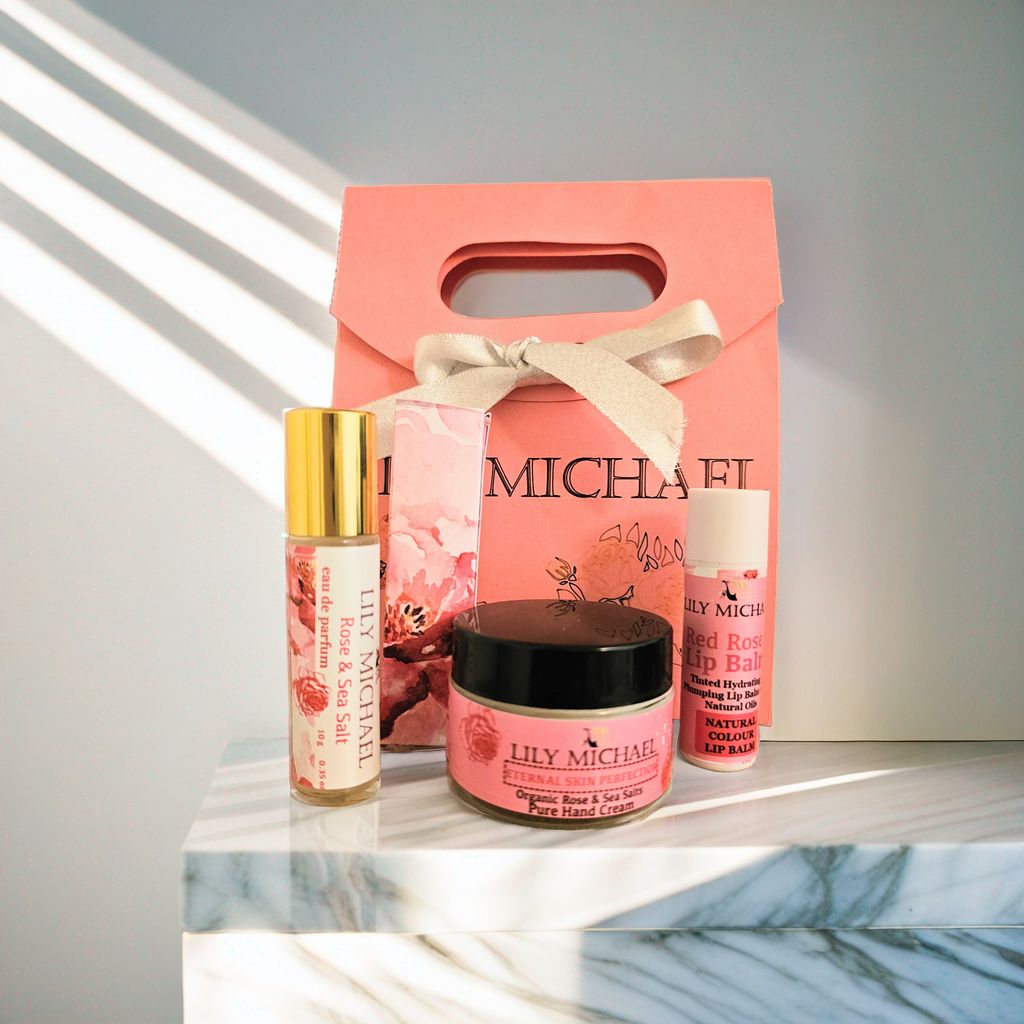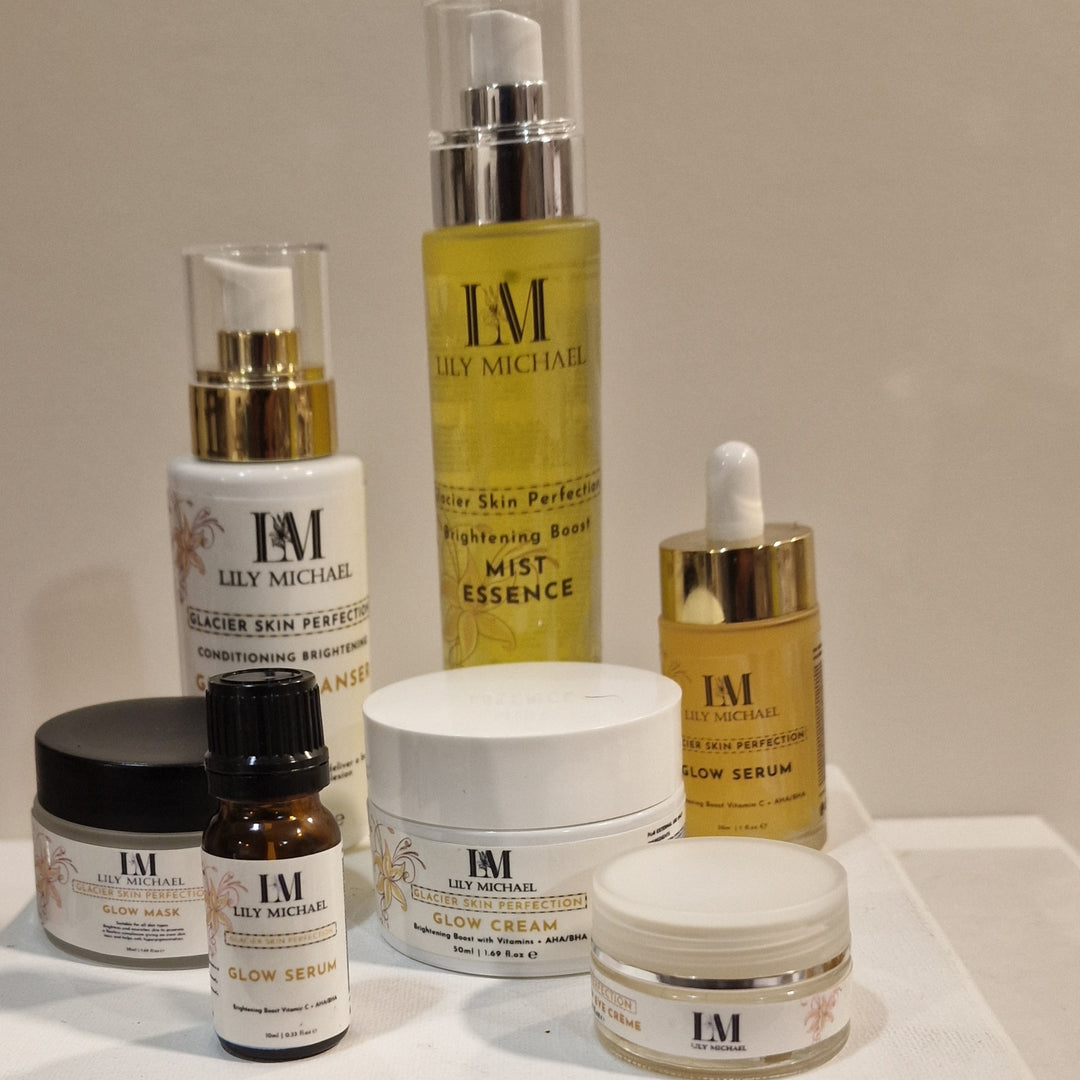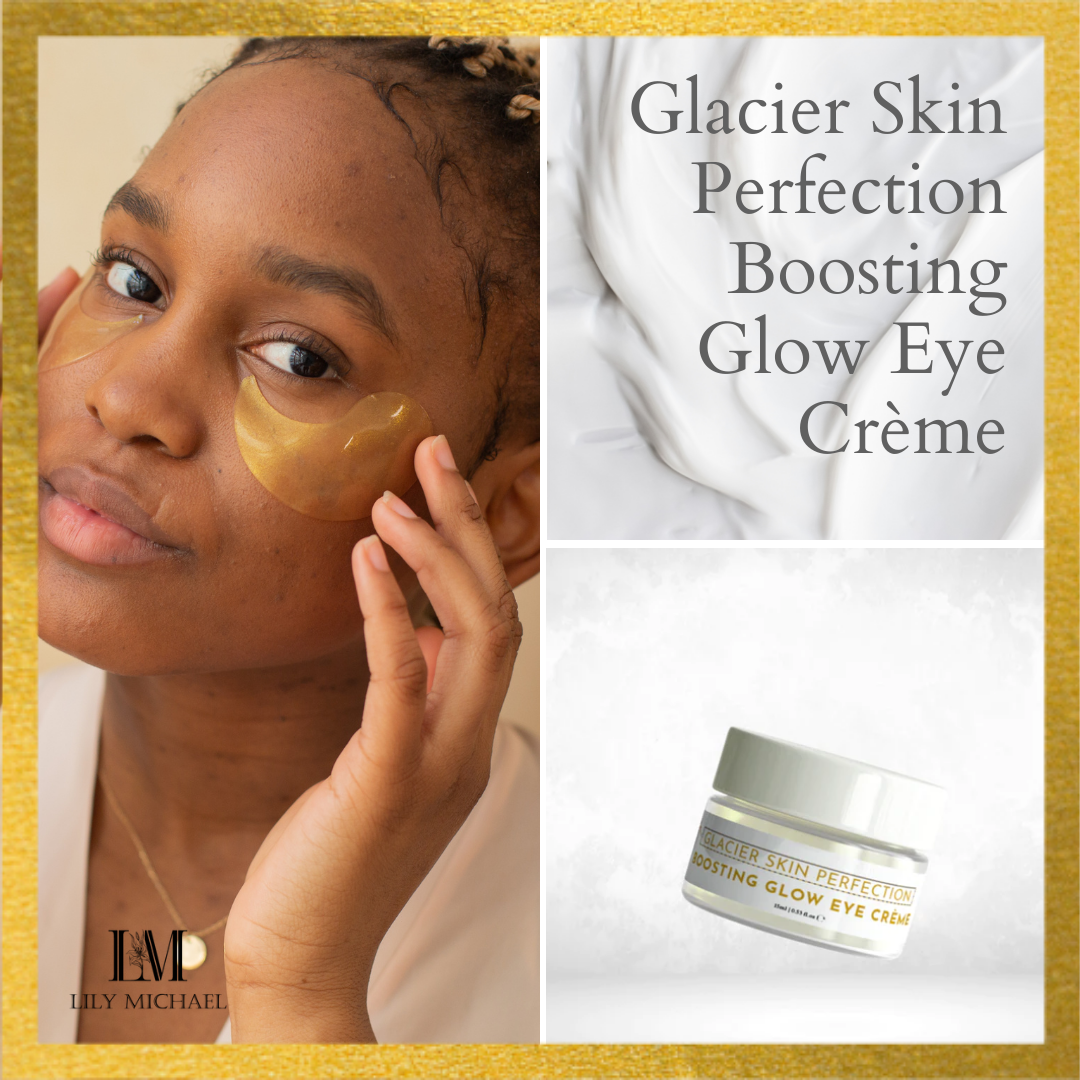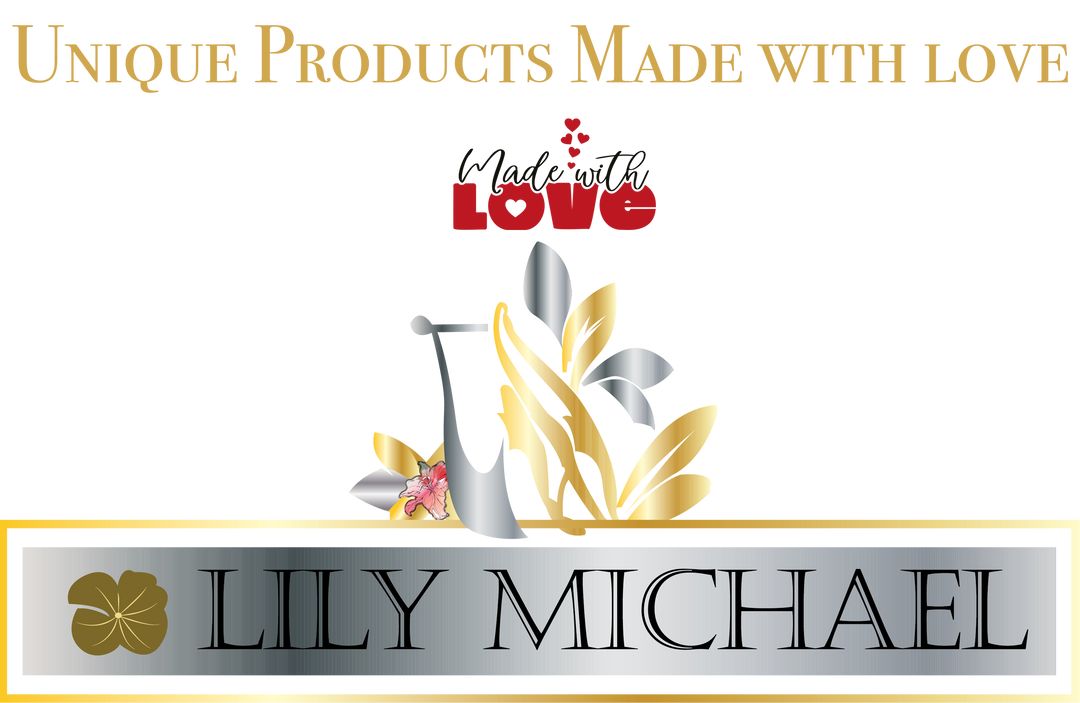What Is Arginine & How Does it Benefit Skin Care?
Arginine is quickly becoming a top ingredient in skin care due to its ability to boost collagen and elastin. This is the protein substance that helps keep skin looking smooth, youthful, and healthy. Read on to find out more about Arginine and its many benefits for your skin!
What is Arginine?
Arginine is a semi-essential amino acid that helps with protein synthesis and skin cell repair. Because of its anti-aging benefits, it is often used in skin care products as an active ingredient. It can be found naturally in many food sources and when applied topically to the skin, it can help reduce wrinkles and increase elasticity in the skin.
How Does Arginine Benefit Skin Care?
Arginine helps to reduce the appearance of wrinkles, fine lines and other signs of aging by helping to promote collagen production in the skin. Furthermore, arginine helps to improve skin's elasticity, making it appear firmer and smoother. It also helps to protect the skin from oxidation due to sun exposure and other environmental stressors. In addition, its anti-inflammatory properties help reduce redness in the skin which results from acne or rosacea flare-ups.
Arginine can also help with skin hydration, as it helps the cells to retain moisture. As such, arginine has become a popular ingredient in many different moisturizers and face serums. Its ability to penetrate deeply into the skin also helps it deliver other beneficial ingredients like vitamins A, C and E more effectively. Finally, arginine is thought to aid in skin repair, helping to heal cuts, burns and dry patches.
What’s even more exciting about arginine is that it can also be used to treat specific skin conditions like acne, rosacea and psoriasis. Studies have found that creams containing arginine can reduce inflammation, redness and itching associated with these skin issues. Additionally, by restoring moisture and boosting collagen production, arginine can help improve the skin condition’s overall appearance. As a result, many acne treatments incorporate key ingredients like vitamin C and salicylic acid along with arginine in order to combat breakouts while protecting against further irritation.
Arginine is a naturally occurring amino acid that plays multiple roles in skin care. For starters, arginine works to moisturize and protect the skin from external irritants. This helps keep skin looking young and healthy by slowing down signs of aging like wrinkles, fine lines and age spots. Arginine can also help strengthen hair follicles and reduce the occurrence of flaky scalps. Additionally, these beneficial effects make it an effective ingredient to treat dryness associated with conditions such as eczema and psoriasis.
How to Use Arginine For Skin Care?
Arginine can be found in many skin care products such as creams, serums, or masks. It is important to read the product label and determine the concentration of arginine before use so that you get the desired effect. Arginine is best used when it is combined with other active ingredients like antioxidants and hydrators, as this will help maximize its effectiveness. Additionally, using a moisturizer after application of any product containing arginine can enhance hydration and help to seal in moisture.
What are the Side Effects of Using Arginine?
It’s important to note that some minor side effects can occur when using products with arginine, such as a mild stinging or burning sensation. Additionally, some may experience redness or irritation. If these side effects persist, it is best to discontinue use and consult a doctor on a better course of action for skin care needs. As always, test the product on a small area of the skin before applying it to larger areas.
Is Arginine Effective for All Skin Types?
Arginine can be effective for all types of skin; however, certain individuals may respond differently to this ingredient. Those with particularly dry, sensitive or dehydrated skin should pay particular attention when using arginine, as it is known to be a powerful ingredient and could trigger any adverse reactions depending on the individual's skin type. It’s important to research well and use products containing arginine responsibly.
Arginine is an amino acid, which means it’s naturally occurring and often used in many types of skin care products. It has been found to contain antioxidant and anti-inflammatory properties, making it beneficial for the skin, helping improve the overall appearance of skin damage from UV exposure and other environmental factors. Arginine helps increase hydration levels and can help maintain barrier integrity, putting up a defense against free radicals caused by excess sun exposure.




